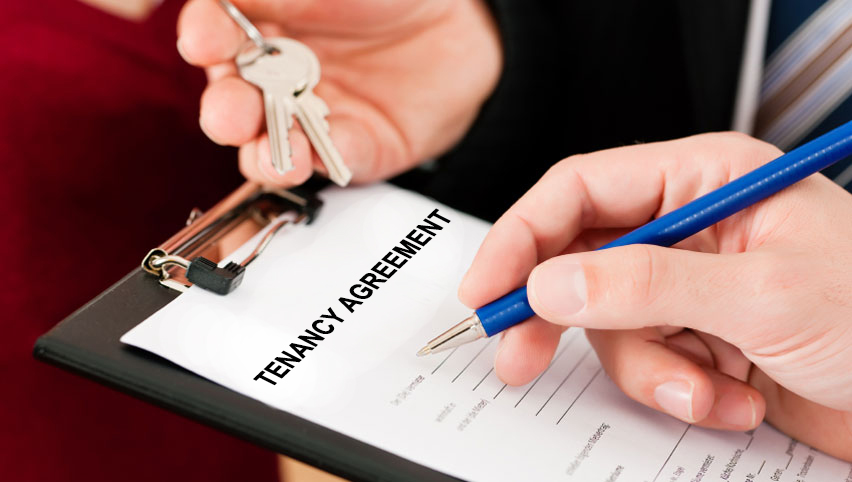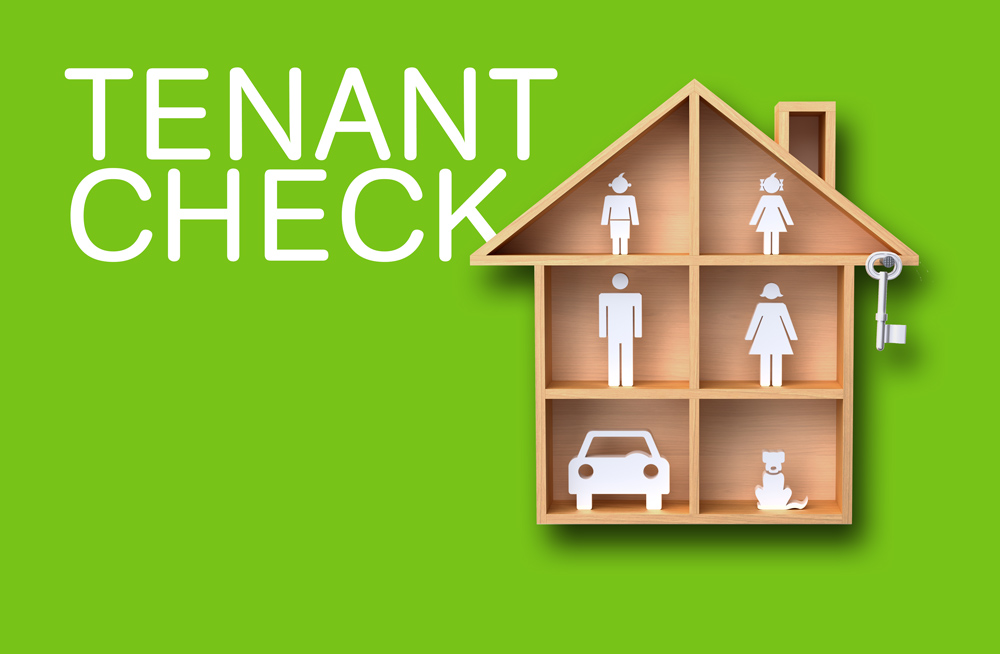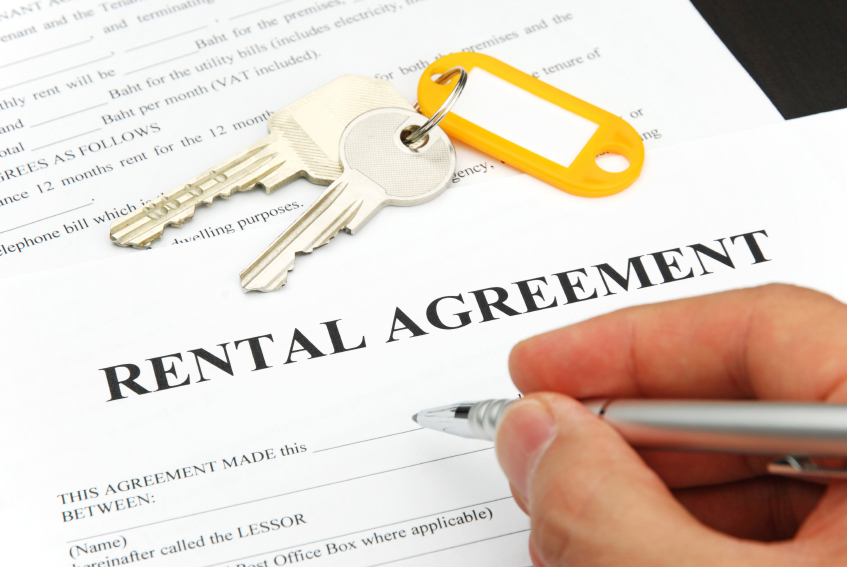Believe that many landlords have already experienced the bad tenant. I may have been daily calls to fix the problems, not take responsibility on the holes in the walls and broken glass, late rent payment and etc.
No matter how big or small of the problems are, these can make a landlord a real nightmare. So, what is the best way to avoid these kind of tenant? How can you make sure that you choose the right tenant?
No worries, we’ve compiled from few websites and get the top 10 useful tips for choosing the right tenant;
1. Think about credit checking
If you are concerned about your prospective tenants’ ability to pay, consider asking if they will consent to a credit check. Remember to handle this sensitively; the letting process is already stacked in favour of the landlord over the tenant, and some tenants will be unwilling to go through a credit check or provide their bank statements. You will need to use your discretion in these circumstances, remembering that a refusal to provide these documents does not necessarily mean that the tenants cannot pay.
2. Check references
References are a vital tool for any landlord – but simply collecting them is not enough. All too frequently landlords demand references only to let them sit in a drawer unopened. If you are going to take references, you might as well check them. A simple phone call to an employer or other referee will suffice.
3. Take care of your property
Be mindful of who you attract to the property in the first place. A decent property in decent condition should attract a decent tenant. You don’t need a brand new million-dollar property in a great location to attract the best tenants. You just need to provide appropriate accommodation to attract suitable tenants. A clean and tidy property with all fixtures and fittings in working order is a good start.
4. Use an application form
Rather than collecting details on endless scraps of paper, try using a standard application form for prospective tenants. Forms of this sort are available free online, and can save a lot of time.
5. Let a better property
Let a property that’s well furnished, well maintained and well decorated and it not only attracts a higher rent; it increases the chances of your tenant treating it with the care you’d expect.
6. Trust your gut
Instinct is important in letting. Your personal relationship with the applicant is a significant factor here. Would you be happy to deal with the prospective tenant for at least the period of the tenancy? If not, go for someone else.
7. Meet face to face
If you can, a face to face meeting works wonders. The tenant gets to see that you’re not a faceless landlord and is more likely to treat your property with respect. You get a chance to pick up on all the non-verbal clues that tell you this is/isn’t the tenant for you.
8. Always take a deposit
There’s no advantage in not taking a deposit. Your tenant won’t think better of you or the property. In fact they’ll probably be surprised you didn’t ask for a deposit because they know everyone else does. You should always take a deposit in the hope and expectation of handing it back at the end of a long and successful lease. When you do, the law requires you to keep it safe.
9. Take your time
This isn’t a race. Nor is this likely to be the only tenant interested in your property. Don’t feel obliged to make promises you can’t keep, or snap decisions you regret. Take your time to gather the evidence, hold your meeting, and then make a decision.
10. Be flexible for the perfect tenant
Many landlords make the mistake of playing ‘hard ball’ with the rental price; their property is often not in optimum condition, and they can forget that the incoming tenant is paying rent to stay in the property. It is paramount to remember that a tenancy is a ‘two way street’ and a mutual respect between a landlord (and their agent) and tenant is crucial to ensure both parties work together to maintain the property.
Via: realestate.com.au, simplybusiness.co.uk, lsblackpool.com & cityam.comlsblackpool.com
Last but definitely not least, remember to get a lawyer to draft a tenancy agreement for you which require you and your tenant sign on it. In order to make this agreement become valid, allow your lawyer to bring it over to Malaysian Inland Revenue Authority and get a stamp onto this agreement. Click here to read more about Rental Agreement In Malaysia.
It’s not about property ownership it’s about control! To get more details. Click Here!
Like this article or found it helpful? Share it!
Follow us on Twitter for more news, tips and inspiration. Become our mate on Facebook and explore our Pinterest boards.






